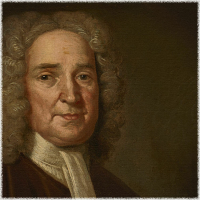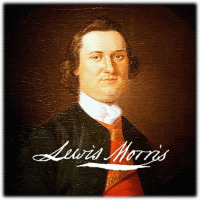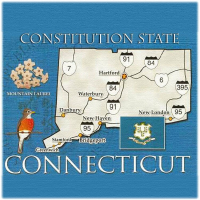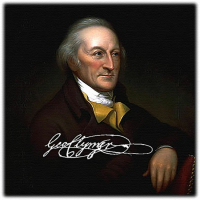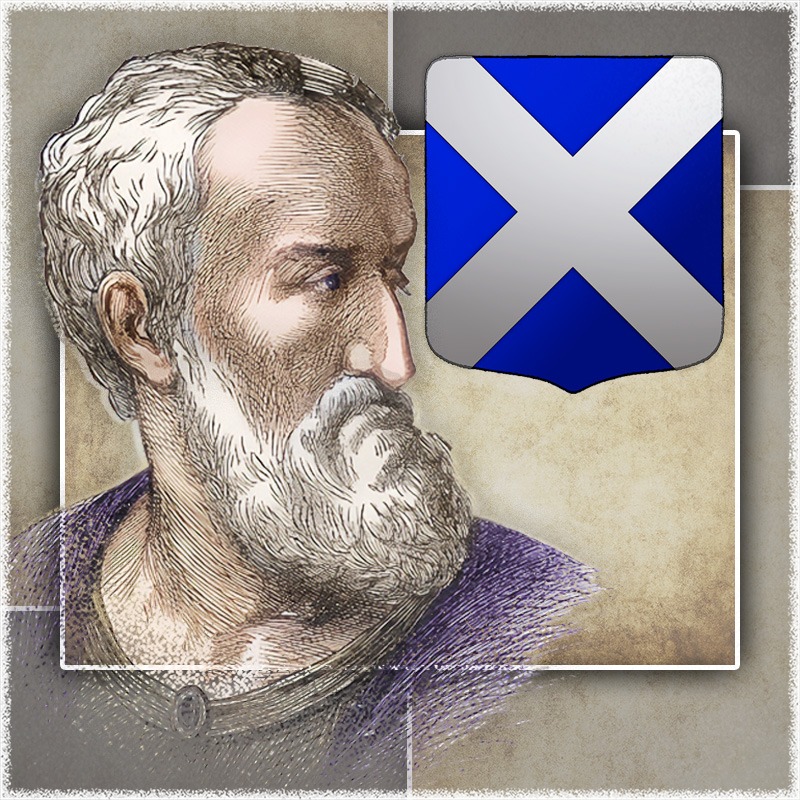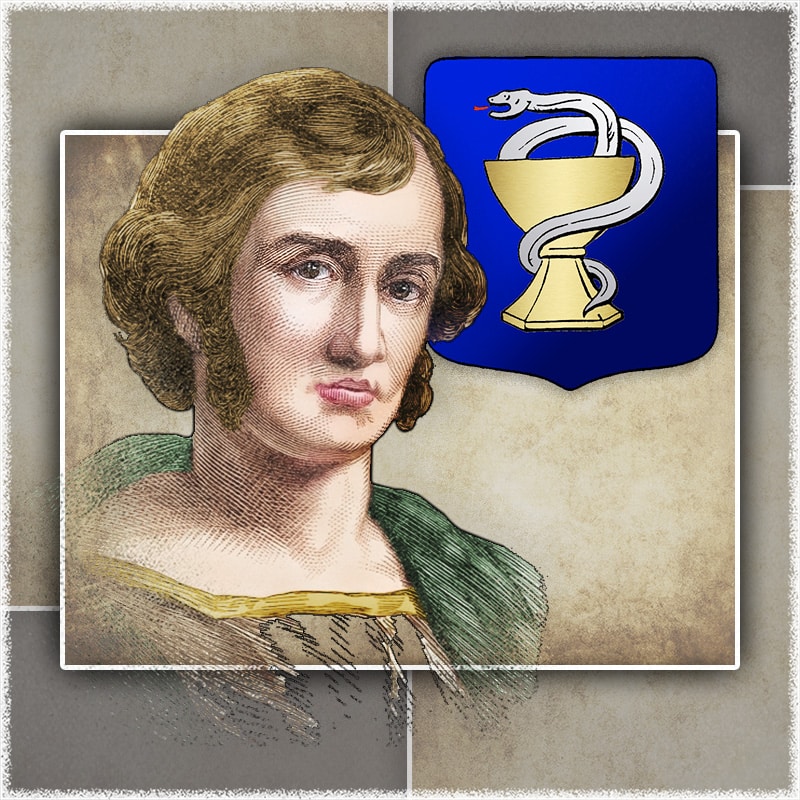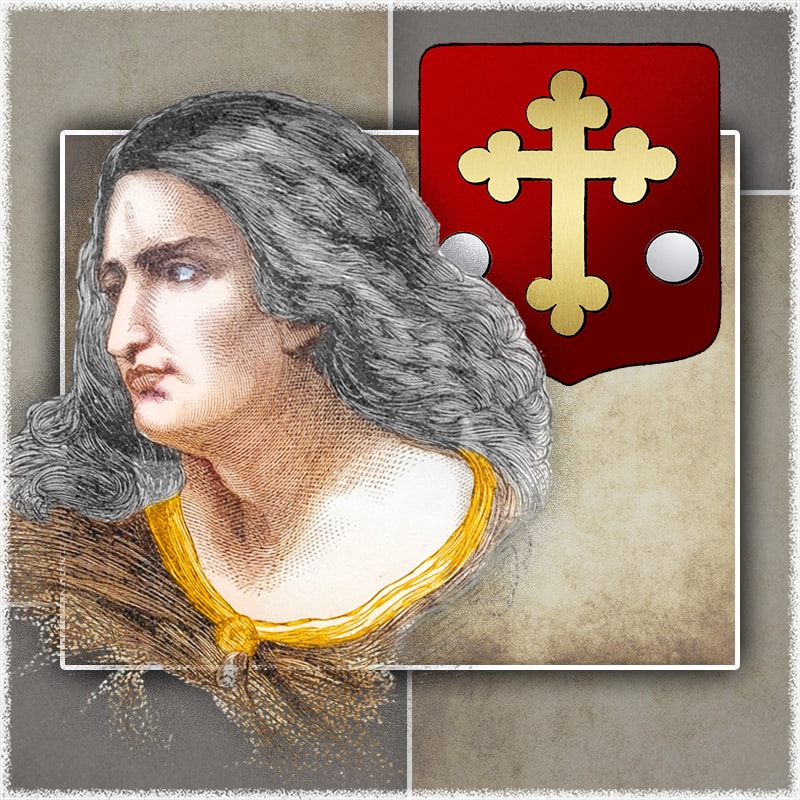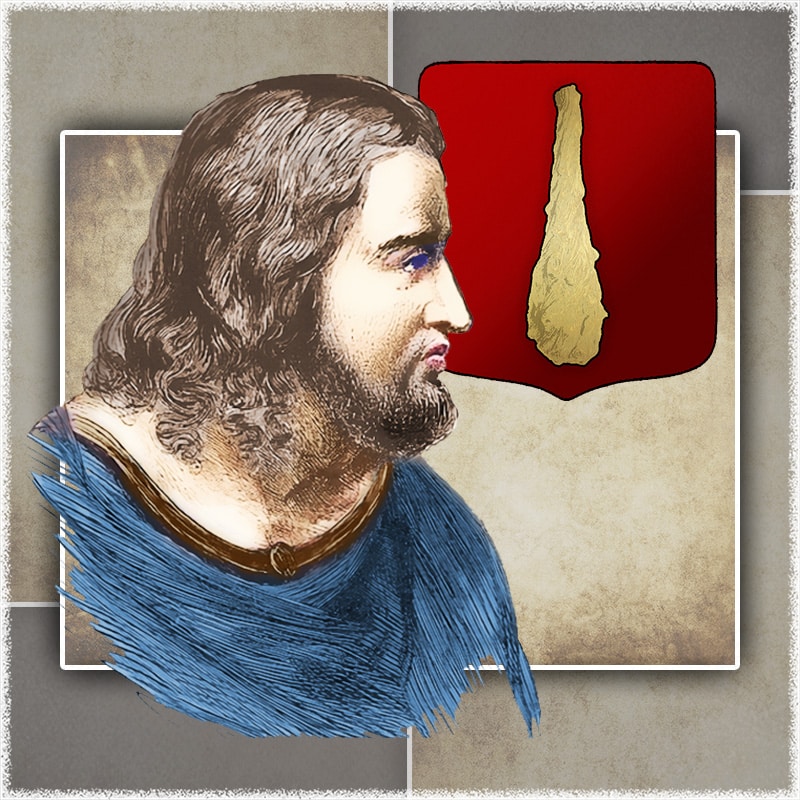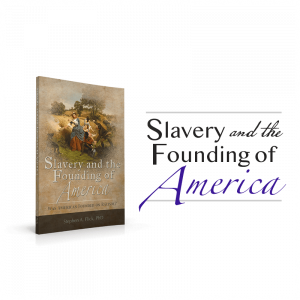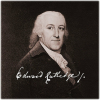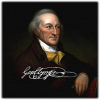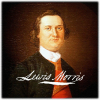Remembering the Apostle James, Son of Zebedee
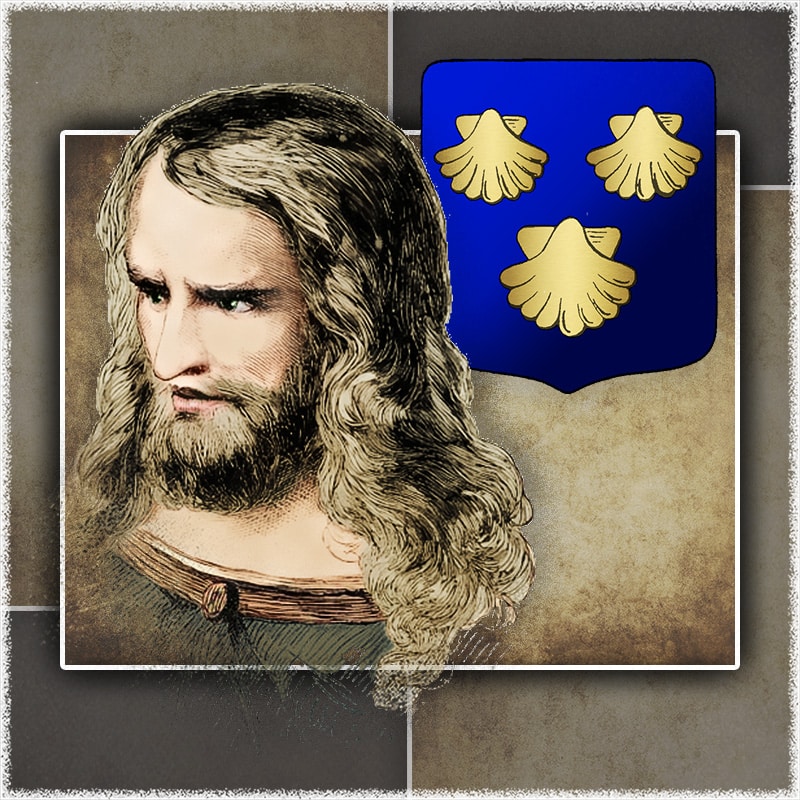
“James” is the name of three important figures of the New Testament: James the son of Alphaeus (also an Apostle of Christ), James the Just (brother of our Lord), and James the brother of John the Apostle and Son of Zebedee, to be consider here.Remembering the Apostle James
Biblical Account
James, brother of the Apostle John, is often known as “James the Great.” His mother, Salome, was a devoted follower of Jesus (Matthew 26:56; Mark 15:41). He was the older brother of the Apostle John, as is deduced from the fact that his name is almost always mentioned before John’s (Matthew 10:2; Mark 3:17, etc.). Though it cannot be determined with certainty, it is likely that he became a follower of Jesus immediately following the Lord’s baptism in the Jordan (John 1:32). James and John were surnamed Boanerges (“sons of thunder”) by Christ (Mark 3:17). Exactly why this name was given has been a matter of speculation; the exact reason for this name cannot be determined with an degree of certainty. The more widely accepted view suggests that the surname was an allusion to their passionate and vehement natures (Mark 10:35).
James, along with John and Peter, enjoyed a unique relationship with Jesus that constituted an inner circle among the Twelve. He belonged to the narrower circle of Christ’s more intimate disciples, who were was admitted into the chamber of Jairus’ daughter (Mark 5:37), to the vision of the transfiguration (Mark 9:2), and to Christ’s struggle at Gethsemane (Matt. 26:37). Beyond this, nothing more is recorded of him than his execution by sword, under Herod Agrippa I (Acts 12:2).
James was unique in the fact that he was the first of the apostles to suffer martyrdom. For James, the prediction of Christ, that James and John would indeed drink of his cup of suffering and be baptized with his baptism (Mark 10:39) was more fully realized than it was for his brother John. Following Stephen, James received the second place of honor in the kingdom of heaven about 44 A.D. Church history records the death of James. Eusebius, one of the earliest Church historians writes:
About that time"—clearly that of Claudius—"King Herod laid violent hands on some who belonged to the church and killed James the brother of John with the sword" [Acts 12:1-2]. In Book 7 of Outlines, Clement [of Alexandria]adds an interesting tradition regarding James that the man who brought him into court was so moved by his testimony that he confessed that he too was a Christian:
So they were both taken away together, and on the way he asked James to forgive him. James looked at him for a moment and replied, "Peace be with you" and kissed him. So both were beheaded at the same time.
Then, as Scripture says, Herod, seeing that James's execution pleased the Jews, arrested Peter also, put him in prison, and would have murdered him, too, but for divine intervention: an angel stood by him at night, and he was miraculously released from prison and set free for the ministry of preaching.[1]
Against the claims of the New Testament, the church of Spain boasts that James shared in its foundation. The Spanish church has falsely claimed that James minister in Santiago de Compostela or Compostela, the capital of the autonomous community of Galicia, in northwestern Spain. James is regarded as the patron saint of Spain and pilgrims or travelers.[2]
Apostolic Symbol
As is true for other apostles, the life and ministry of James has been characterized by several apostolic symbols. The symbols most commonly attributed to him have been scallop shells, a pilgrim's staff, or a gourd bottle. In addition, James is also characterized by a sword, symbolic of his martyrdom. The scallop shell was alleged to be the symbol of pilgrimage and characterized the apostle's zeal and evangelistic spirit. Pilgrims or travelers used the shells for a cup, spoon, and dish, and when returning home, the traveler placed his scallop shell in his hat to command admiration, which is reported to have led to the adoption of this symbol a coat of armor.
America deserves to know its true heritage.
Please contribute today!
Related Articles
Article Notes and Sources
[1] Eusebius, the Church History, translated by Paul Maier, 66-67.
[2] Revised from McClintock and Strong, Cyclopedia of Biblical, Theological, and Ecclesiastical Literature.

